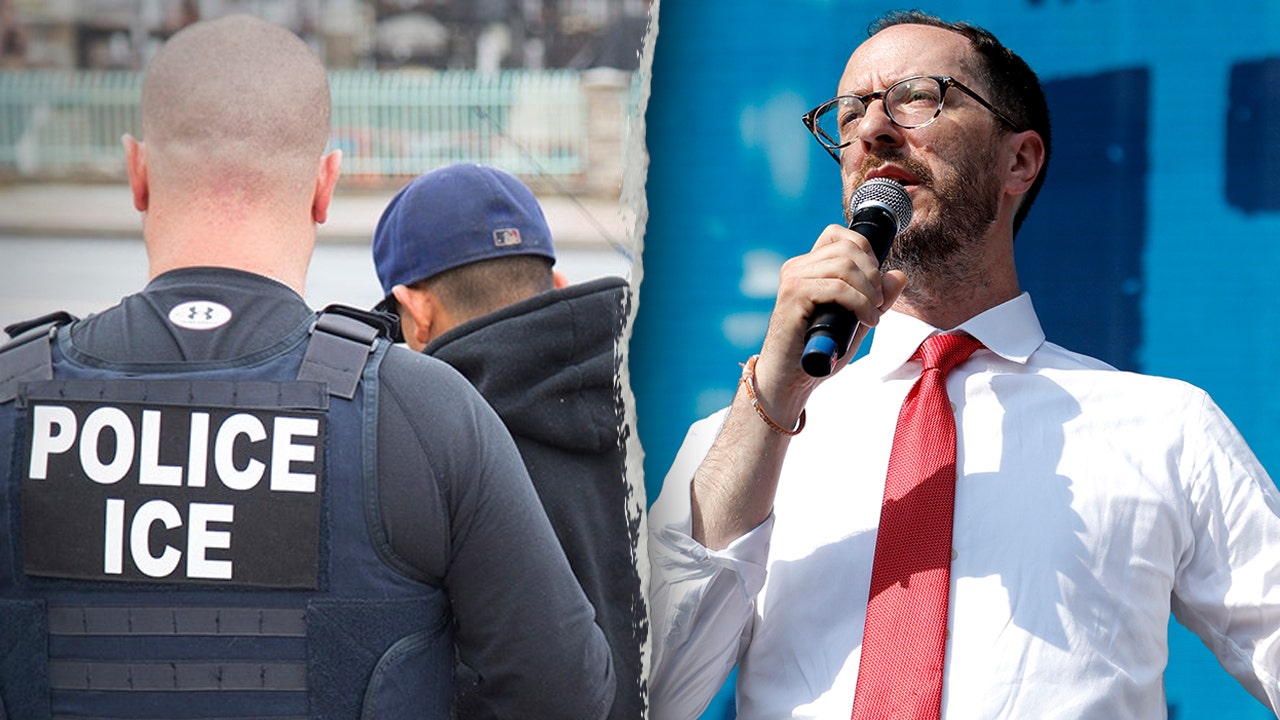ICE Operations in Nashville: A Controversial Approach to Public Safety
This week, U.S. Immigration and Customs Enforcement (ICE) conducted a series of operations in Nashville, resulting in the arrests of a convicted child sex predator and an alleged member of the violent Venezuelan gang Tren de Aragua. However, the reactions to these actions have sparked a significant debate in the community.
Nashville Mayor’s Response
Nashville’s Mayor, Freddie O’Connell, expressed his concerns regarding the operations in a letter to the city. Mayor O’Connell underscored that the focus of these federal actions did not align with keeping residents safe. "Our top priority is keeping people safe, and we’re deeply concerned that what appear to be federal actions are making that harder," he stated. He clarified that no personnel from the Metropolitan Nashville Police Department (MNPD) were involved in the enforcement actions carried out by ICE.
O’Connell further emphasized that the local police force does not possess federal immigration authority nor the necessary training for immigration enforcement. This disconnection raised questions about the effectiveness and Goals of ICE operations in relation to the community’s safety.
The Nature of the Arrests
The Department of Homeland Security (DHS) reported that the Nashville operation resulted in multiple arrests, including not just the convicted child predator and the alleged gang member, but also individuals involved in drug-related offenses. Such arrests highlight ICE’s commitment to targeting individuals who pose a threat to public safety, but they also bring scrutiny regarding how these operations affect the perception of law enforcement among community members.
Community Safety Concerns
Mayor O’Connell highlighted a critical concern: the fear that these federal actions instill within the community. "This type of federal enforcement action is not focused on making us safer and leaves people in our community fearing any interaction with law enforcement when there is a crime occurring," he said. His letter reflected a growing concern that vulnerable populations, particularly undocumented immigrants, may become hesitant to report crimes or seek help from police due to fear of deportation.
DHS and ICE’s Perspective
In response to O’Connell’s criticisms, DHS defended the actions taken by ICE, asserting that the arrests are essential in maintaining public safety. A spokesperson for DHS noted, "The Nashville Mayor should want these criminal illegal aliens off American streets." They argued that prioritizing public safety and tackling crime necessitated these types of enforcement actions. The agency pointed to increased assaults on ICE officers as a sign of the challenges they face while trying to fulfill their duties.
Broader Context of Immigration Enforcement
The recent ICE operations come amid a broader national conversation about immigration enforcement policies. During President Trump’s early administration, notable increases in arrests and deportations were reported, emphasizing a crackdown on undocumented immigrants frequently labeled as “criminal illegal aliens.” This enforcement discourse has only intensified with the perception of gang activity, particularly with organizations like Tren de Aragua being labeled as foreign terrorist organizations.
Conclusion of Events
As the community processes the ramifications of these ICE operations, questions remain about the balance between enforcing immigration laws and ensuring the safety and trust of all residents in Nashville. Mayor O’Connell’s office has reportedly sought the names of those detained during the recent operations, illustrating a desire for transparency amidst uncertainty.
In a landscape where local and federal enforcement roles increasingly intersect, Nashville stands at a crossroads, navigating the complex terrain of law, safety, and community trust. The dynamic interaction between federal immigration authorities and local law enforcement continues to evolve, underscoring the need for open dialogues within the community.


